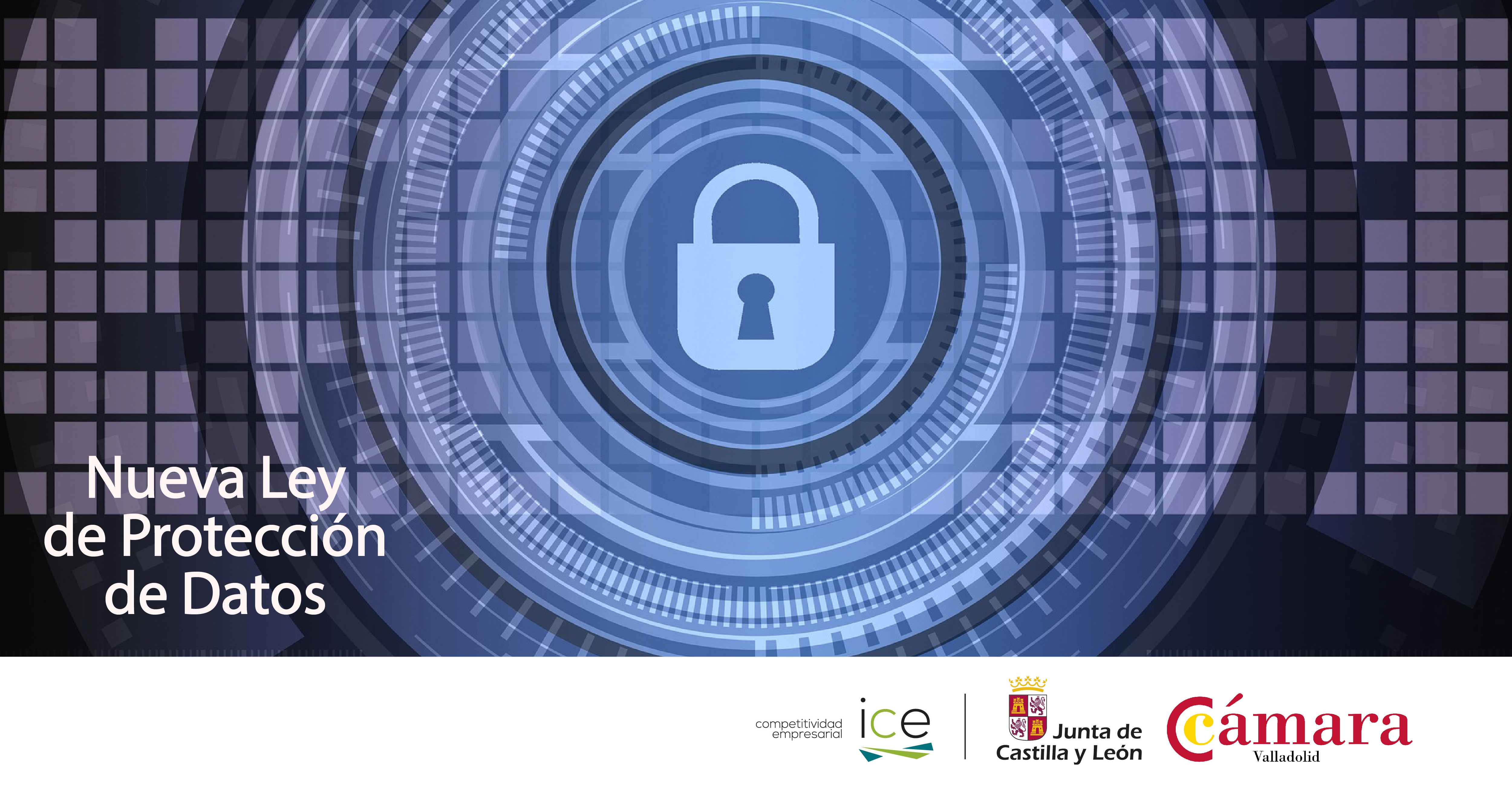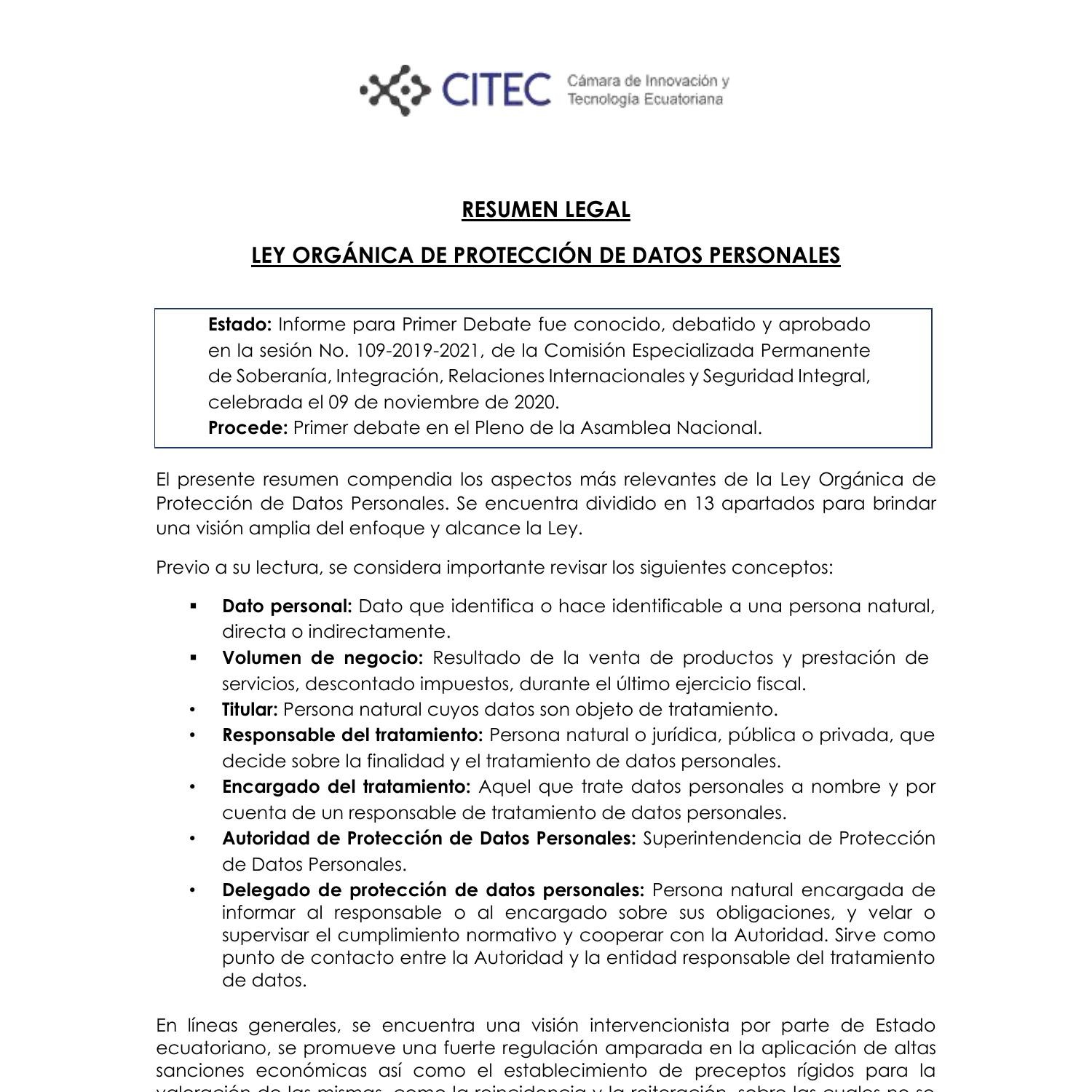Decreto Que Aprueba El Reglamento De La Ley De Protección De Datos Personales
Looking for a thorough guide to "Decreto Que Aprueba El Reglamento De La Ley De Protección De Datos Personales"? Look no further!
Editor's Note: "Decreto Que Aprueba El Reglamento De La Ley De Protección De Datos Personales" was published on [Date]. Strong> Understanding this topic is crucial for [Reason].
To help our readers make informed decisions, we've analyzed and summarized the key points of "Decreto Que Aprueba El Reglamento De La Ley De Protección De Datos Personales" in this comprehensive guide.
Key Differences or Key Takeaways:
Main Article Topics:
FAQ
This FAQ section provides essential information regarding the "Decreto Que Aprueba El Reglamento De La Ley De Protección De Datos Personales" (Decree Approving the Regulations of the Personal Data Protection Act).

Taller de Consolidación "La nueva ley de Protección de Datos" - Cámara - Source www.camaravalladolid.com
Question 1: What is the purpose of this Decree?
This Decree establishes the regulations necessary to implement the Personal Data Protection Act, ensuring the protection and proper handling of individuals' personal data.
Question 2: To whom does this Decree apply?
The Decree applies to any natural or legal person, both public and private, who processes personal data within the scope of the Peruvian territory.
Question 3: What is considered personal data?
Personal data refers to any information related to an identified or identifiable natural person. This includes but is not limited to name, address, identification number, and health data.
Question 4: What are the rights of individuals regarding their personal data?
Individuals have the right to access, rectify, cancel, and oppose the processing of their personal data, subject to exceptions established by law.
Question 5: What are the obligations of data controllers?
Data controllers must obtain individuals' informed consent before processing their personal data, ensure its security, and comply with the principles of data processing established by the Act.
Question 6: What sanctions may be imposed for non-compliance?
Non-compliance with the Decree can result in administrative sanctions, including fines and the suspension of data processing activities.
The Decree provides a comprehensive framework for protecting individuals' personal data, enhancing privacy and fostering trust in digital transactions.
For more detailed information, please refer to the official text of the Decree.
Tips for "Decreto Que Aprueba El Reglamento De La Ley De Protección De Datos Personales"
This regulation provides a set of rules and guidelines to ensure the protection of personal data in accordance with the provisions of the Ley de Protección de Datos Personales (LPDP). By understanding and following these tips, organizations can effectively comply with the regulation and protect the privacy of their clients.
Tip 1: Understand the Scope of the Regulation
The regulation applies to any organization that processes personal data, regardless of the purpose or means of processing. Personal data includes any information that can identify an individual, such as their name, address, email address, and financial information. Organizations must be aware of the types of personal data they collect and process and ensure that they have appropriate measures in place to protect it.
Tip 2: Designate a Data Protection Officer
Organizations that process a significant amount of personal data are required to designate a Data Protection Officer (DPO). The DPO is responsible for overseeing the organization's compliance with the regulation and ensuring that personal data is processed in a lawful and ethical manner. The DPO should have a good understanding of data protection laws and regulations.
Tip 3: Implement Appropriate Security Measures
Organizations must implement appropriate security measures to protect personal data from unauthorized access, disclosure, alteration, or destruction. These measures should include physical, technical, and organizational safeguards, such as encryption, access controls, and data backup. Organizations should also regularly review and update their security measures to ensure that they are effective.
Tip 4: Obtain Consent for Data Processing
In most cases, organizations must obtain consent from individuals before collecting and processing their personal data. Consent must be freely given, specific, informed, and unambiguous. Organizations should have a clear and concise privacy policy that explains how they collect and use personal data and obtain consent from individuals before processing their data.
Tip 5: Respect Data Subject Rights
Individuals have certain rights under the regulation, including the right to access their personal data, the right to rectify inaccurate data, the right to erase their data, and the right to data portability. Organizations must respect these rights and provide individuals with the ability to exercise them.
Tip 6: Breach Notification
If an organization experiences a data breach that affects personal data, they must notify the authorities and affected individuals without undue delay. The notification should include information about the breach, the data that was affected, and the steps the organization has taken to mitigate the impact of the breach.
By following these tips, organizations can effectively comply with "Decreto Que Aprueba El Reglamento De La Ley De Protección De Datos Personales" Decreto Que Aprueba El Reglamento De La Ley De Protección De Datos Personales and protect the privacy of their clients. Data protection is an ongoing process, and organizations should regularly review and update their compliance measures to ensure that they are effective.

Decreto No. 543-12 (que aprueba el Reglamento de aplicación de la Ley - Source www.studocu.com
Decree That Approves the Regulation of the Personal Data Protection Law
The Decree that Approves the Regulation of the Personal Data Protection Law establishes fundamental guidelines for safeguarding and processing personal information in a digital era. It encompasses essential aspects that shape the landscape of data protection and privacy.

Ley Federal de Protección al Consumidor - Source centrocarbonell.online
- Legal Threshold: Defines the scope and applicability of the Regulation.
- Data Subjects' Rights: Outlines the rights of individuals whose personal data is processed.
- Data Controllers' Obligations: Prescribes responsibilities for entities that control and process data.
- Security Measures: Sets standards for protecting personal data from unauthorized access.
- Enforcement Mechanisms: Establishes means to ensure compliance and address violations.
- International Cooperation: Provides a framework for data transfer and collaboration.
These aspects work in conjunction to create a comprehensive regulatory framework. For instance, it empowers individuals to exercise control over their personal information while holding organizations accountable for responsible data handling. Furthermore, the Regulation aligns with global data protection best practices, fostering international cooperation and legal certainty in the digital age.

REGLAMENTO DE LA LEY FEDERAL DE SEGURIDAD PRIVADA by Congreso de la - Source www.goodreads.com
Decreto Que Aprueba El Reglamento De La Ley De Protección De Datos Personales
The "Decreto Que Aprueba El Reglamento De La Ley De Protección De Datos Personales" is an essential component of the legal framework for the protection of personal data in the country. It provides specific regulations and guidelines for the collection, processing, storage, and transfer of personal data, ensuring the privacy and confidentiality of individuals whose data is being handled.

Resumen Poryecto de Ley de Protección de Datos Personales.pdf | DocDroid - Source www.docdroid.net
The importance of this regulation lies in its ability to strike a balance between the need for data processing for various purposes and the fundamental right to privacy. It establishes clear obligations for data controllers and processors, ensuring that personal data is collected and used fairly, lawfully, and transparently.
Furthermore, the regulation plays a crucial role in promoting responsible data handling practices and preventing misuse or unauthorized access to personal information. By setting forth principles such as data minimization, purpose limitation, and data security measures, it helps organizations comply with both legal requirements and ethical considerations.
Key Insights:
|
Aspect |
Significance |
|---|---|
|
Data Privacy and Confidentiality |
Protects individuals' fundamental right to privacy by ensuring their personal data is handled responsibly. |
|
Legal and Ethical Compliance |
Provides a clear legal framework for organizations to comply with data protection obligations and ethical considerations. |
|
Data Security and Breach Prevention |
Promotes responsible data handling practices and minimizes the risk of data breaches and unauthorized access. |
|
Transparency and Accountability |
Enhances transparency by requiring organizations to disclose how personal data is being processed and used. |
Conclusion
The "Decreto Que Aprueba El Reglamento De La Ley De Protección De Datos Personales" is a vital regulation that embodies the importance of protecting individuals' personal data in the digital age. By establishing clear guidelines and obligations, it empowers individuals and organizations alike to navigate the complex landscape of data processing with confidence and trust.
As technology continues to advance and the amount of personal data collected and processed grows exponentially, the role of this regulation will become increasingly significant. It will continue to serve as a cornerstone for safeguarding privacy, promoting responsible data handling, and ensuring that personal data is used for the benefit of individuals and society as a whole.
Louis XI: The Cunning Spider King Who Secured France's Future, Bernard Arnault: The French Billionaire Shaping The Luxury Landscape With LVMH, M. Tel-Aviv Vs. Porto: Clash Of European Giants, Carrefour: Global Leader In Multi-Channel Retailing And Services, Celebrate Egypt's Liberation Day: A Guide To January 25th Public Holiday Festivities, Martin Hanzl: NHL Veteran And Czech Ice Hockey Star, Nehoda Metra: Tragická Srážka Ve Washingtonu D.C., Srna Rukomet: Croatian Handball Superstar And Olympic Medalist, Discover Indian Creek: A Gem Embracing Nature, History, And Community, Unveiling Incendio Puerto Montt: A Culinary Oasis By The Sea,